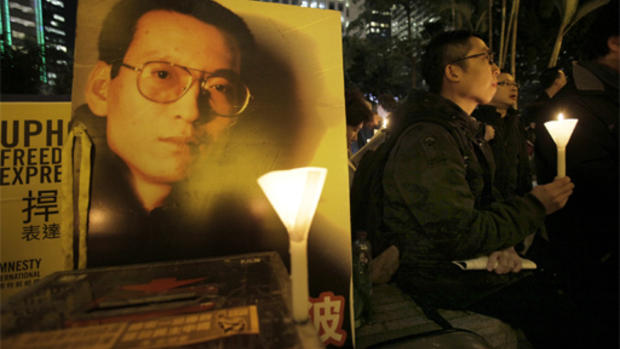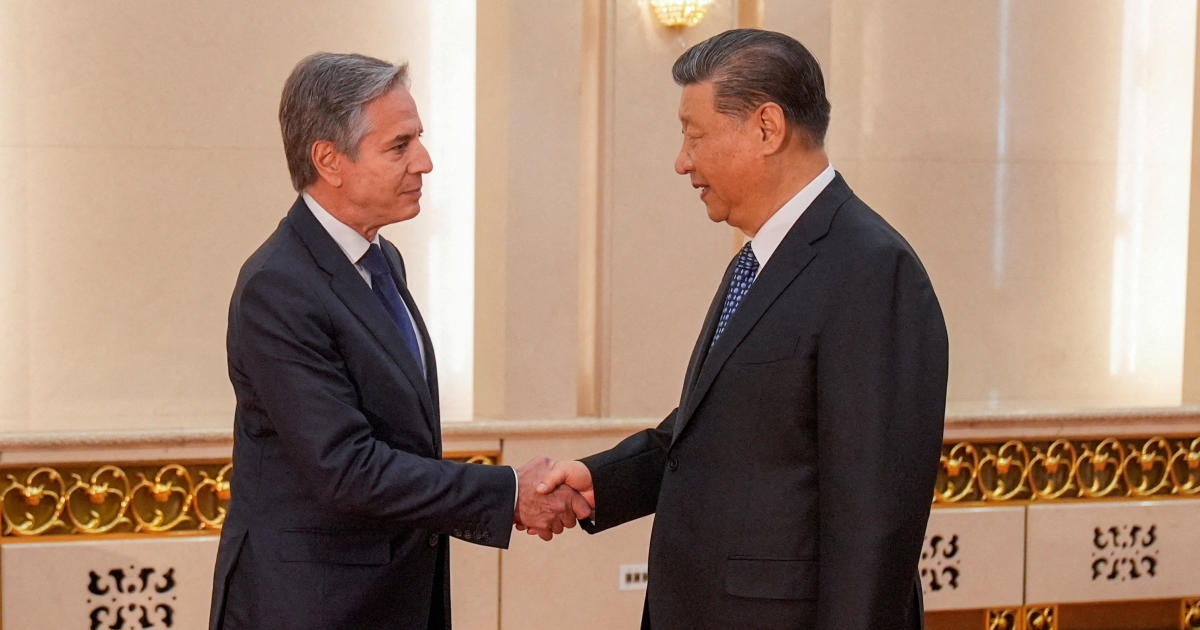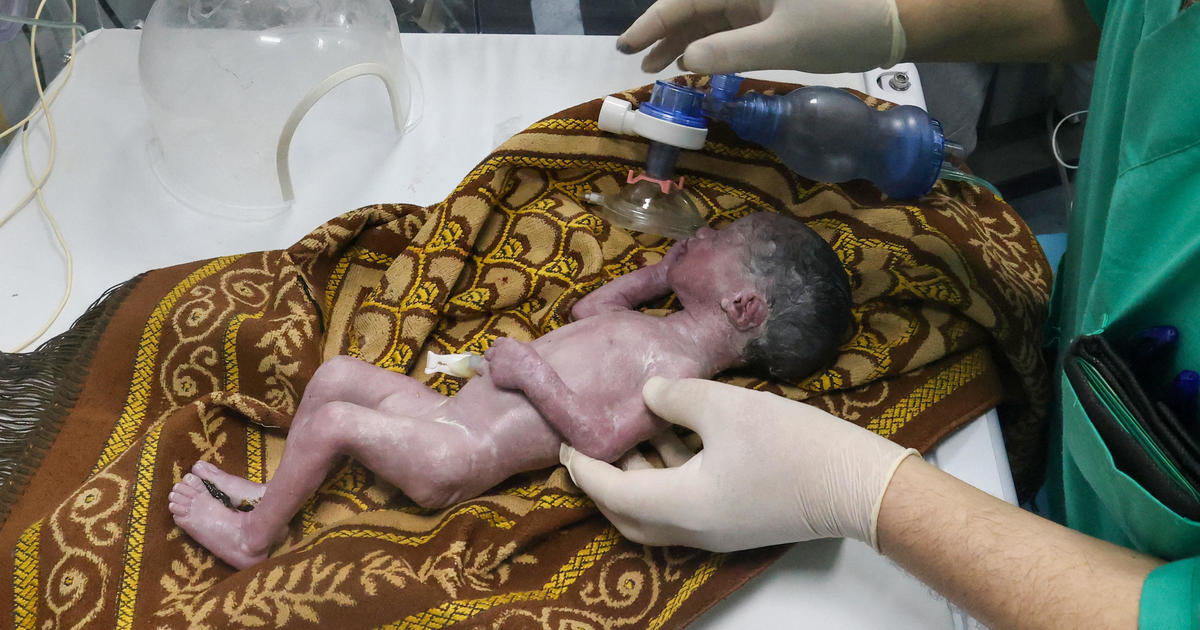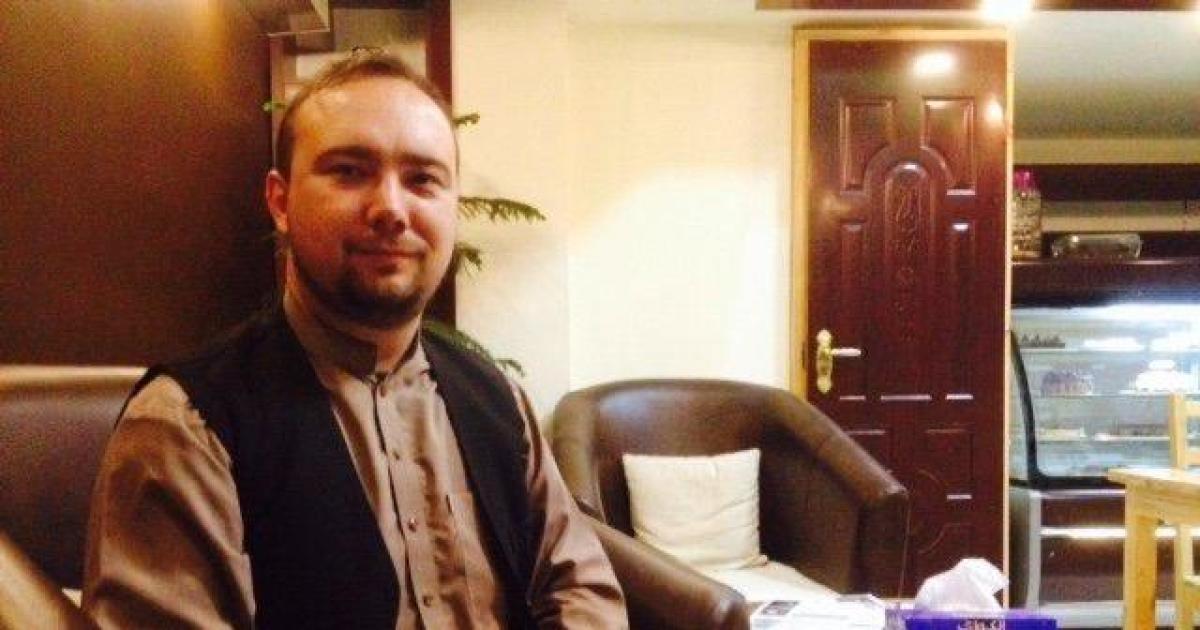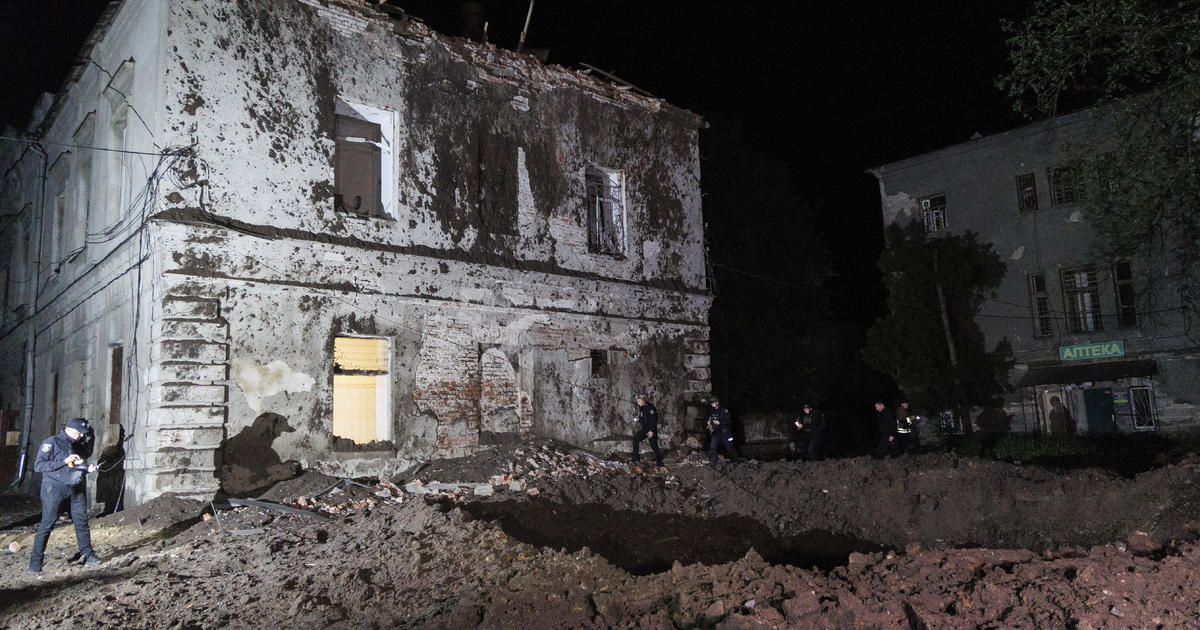Nobel laureate Liu Xiaobo dies a political prisoner in China
SHENYANG, China -- Authorities in China said Thursday that imprisoned Nobel Peace Prize laureate Liu Xiaobo had died of multiple organ failure after a battle with liver cancer.
Just four days earlier, foreign doctors who visited Liu in hospital said he could safely travel abroad for treatment, but China's government consistently refused to release him from custody, claiming everything possible was being done to address his condition in China.
Nikki Haley, the U.S. ambassador to the United Nations, issued a statement saying "a true champion for freedom and an inspiration to those longing for democracy around the world" had died.
"He died as he lived, imprisoned by those who feared his voice even as the cancer in his body stole his last breaths," Haley said. "My thoughts and prayers go out to his beloved wife Liu Xia, herself under house arrest, his family and countrymen, and citizens of the world."
Liu was a professor, a writer and a human rights activist known for his participation in the infamous Tiananmen Square protests. CBS News' Pamela Falk says he was an inspiration to a generation of young Chinese students and pro-democracy activists around the world.
As China pivoted to take a leadership role on many international issues over the last five years, including climate change and trade, Liu became a symbol of the intransigence of China's ruling Communist Party on the issue of human rights and free speech, Falk added.
A former visiting scholar at Columbia University in New York, Liu was drawn to the pro-democracy protests in China and after rejecting an offer for asylum in Australia, he was jailed in China, his homeland, four times, but still he insisted on staying to promote the cause of free speech.
Friends of Liu made their way to his hospital earlier Thursday, at the risk of being detained by the authorities, saying they wanted to show their support in what they knew could be his final moments.
Documentary filmmaker Zeng Jinyan told The Associated Press she and a fellow supporter drove eight hours from Beijing to the northeastern city of Shenyang where the political prisoner was being treated at a hospital under close guard.
The First Hospital of China Medical University was treating Liu for advanced liver cancer and had said Wednesday that his condition was life-threatening. It provided no updates on Liu's condition on its website Thursday before the judiciary bureau of Shenyang announced his death.
In a statement posted later Thursday, the hospital noted that it had invited renowned cancer specialists from the U.S. and Germany to advise on his condition, and said it had "followed the prescribed treatment."
The hospital said he went into intensive care on July 10 and died Thursday due to multiple organ failure.
Liu's declining health had become the subject of international attention, with supporters and several foreign governments calling for him to be freed on humanitarian grounds.
On Wednesday, White House spokeswoman Sarah Huckabee Sanders called on China to allow Liu to be allowed to seek treatment outside of China. Many other nations and groups had taken up his cause.
CBS News correspondent Margaret Brennan says it was notable for the Trump administration to make such a call, as it has largely avoided taking up human rights issues from the podium, instead saying it prefers they be dealt with privately.
Liu is the first Nobel Peace Prize laureate to die in state custody since 1938, under Nazi Germany.
Earlier Thursday, many plainclothes security agents could be seen stationed at the hospital's entrance and inside the crowded facility.
Chinese authorities largely squelched any attempts to publicly voice support for Liu. Activists reported online that some half-dozen supporters who had traveled to Shenyang were no longer contactable. The reports could not immediately be confirmed.
Liu, who had advanced liver cancer, was suffering from respiratory and renal failure as well as septic shock, the hospital said Wednesday.
He was convicted in 2009 of inciting subversion for his role in the "Charter 08" movement calling for political reform and was sentenced to 11 years in prison. He was awarded the Nobel Peace Prize a year later while serving his sentence.
Liu, a former professor, had helped negotiate with the military for the safe passage of students during the 1989 Tiananmen Square protest.
Wu Qiang, a supporter of Liu who had traveled to Shenyang with Zeng, the documentary filmmaker, said he admired Liu's resolve to bring about political change despite numerous setbacks.
"Liu Xiaobo took part in the 1989 movement, but even after that movement failed, he did not give up on politics, he did not give up on his own political responsibility," Wu said in Shenyang.
"Since 1989, he has never ceased in the politics of struggle in China. Even in these past days in Shenyang, he is using the last of his life to continue this struggle," Wu said.
